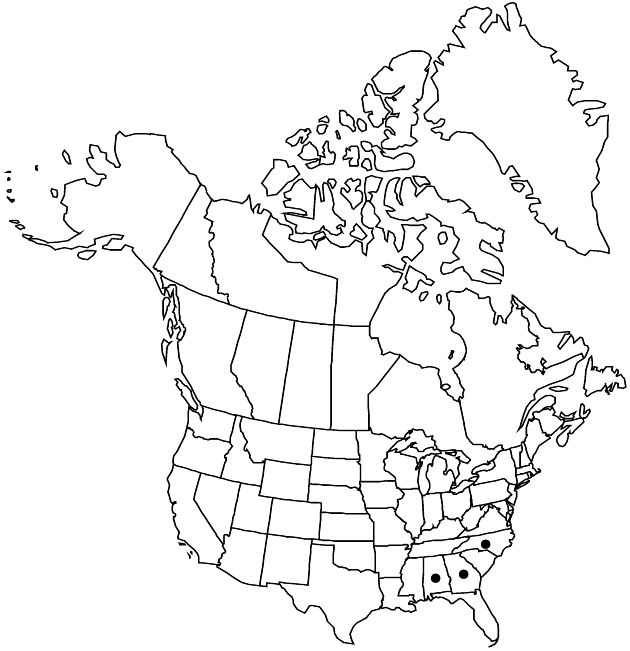Difference between revisions of "Helianthus longifolius"
Fl. Amer. Sept. 2: 571. 1813.
imported>Volume Importer |
imported>Volume Importer |
||
| Line 51: | Line 51: | ||
|publication year=1813 | |publication year=1813 | ||
|special status=Endemic | |special status=Endemic | ||
| − | |source xml=https:// | + | |source xml=https://bitbucket.org/aafc-mbb/fna-data-curation/src/2e0870ddd59836b60bcf96646a41e87ea5a5943a/coarse_grained_fna_xml/V19-20-21/V21_371.xml |
|tribe=Asteraceae tribe Heliantheae | |tribe=Asteraceae tribe Heliantheae | ||
|subtribe=Asteraceae (tribe Heliantheae) subtribe Helianthinae | |subtribe=Asteraceae (tribe Heliantheae) subtribe Helianthinae | ||
Latest revision as of 21:11, 5 November 2020
Perennials, 10–30 cm (with crown buds). Stems (green or purplish) erect, glabrous. Leaves mostly basal; opposite; petioles 0–1 cm; blades linear to narrowly obovate, 13–30 × 0.7–2 cm, bases cuneate, margins entire or obscurely serrate, faces glabrous, not gland-dotted (cauline smaller). Heads 3–12. Peduncles 4–11 cm. Involucres hemispheric, 8–12 mm diam. Phyllaries 18–23, linear-linear, 5–11 × 1–2.5 mm, (margins ciliolate) apices ± attenuate, abaxial faces glabrate or glabrous. Paleae 6–8 mm, weakly 3-toothed (apices hairy). Ray florets 8–13; laminae 10–19 mm (abaxial faces not gland-dotted). Disc florets 35+; corollas 4.2–5.5 mm, lobes yellow; anthers dark, appendages dark. Cypselae 2–3 mm, glabrate; pappi of 2 aristate scales 1.4–2.5 mm. 2n = 34.
Phenology: Flowering late summer–fall.
Habitat: Sandstone and granite outcrop edges
Elevation: 100–600 m
Distribution

Ala., Ga., N.C.
Discussion
Helianthus longifolius is locally escaped from a planting in one county in North Carolina. It is locally abundant where it occurs. It is not similar to or closely related to any other species; natural hybrids of H. longifolius with H. atrorubens and H. occidentalis are known.
Selected References
None.